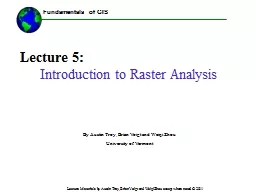PPT-1 Stephen F. Austin State University
Author : celsa-spraggs | Published Date : 2017-07-30
School of Human Sciences Dietetic Internship Contact Information Darla ODwyer DI Director dodwyersfasuedu 936 4682439 Student Handbook 20162017 Sarah Drake DPD
Presentation Embed Code
Download Presentation
Download Presentation The PPT/PDF document "1 Stephen F. Austin State University" is the property of its rightful owner. Permission is granted to download and print the materials on this website for personal, non-commercial use only, and to display it on your personal computer provided you do not modify the materials and that you retain all copyright notices contained in the materials. By downloading content from our website, you accept the terms of this agreement.
1 Stephen F. Austin State University: Transcript
Download Rules Of Document
"1 Stephen F. Austin State University"The content belongs to its owner. You may download and print it for personal use, without modification, and keep all copyright notices. By downloading, you agree to these terms.
Related Documents














